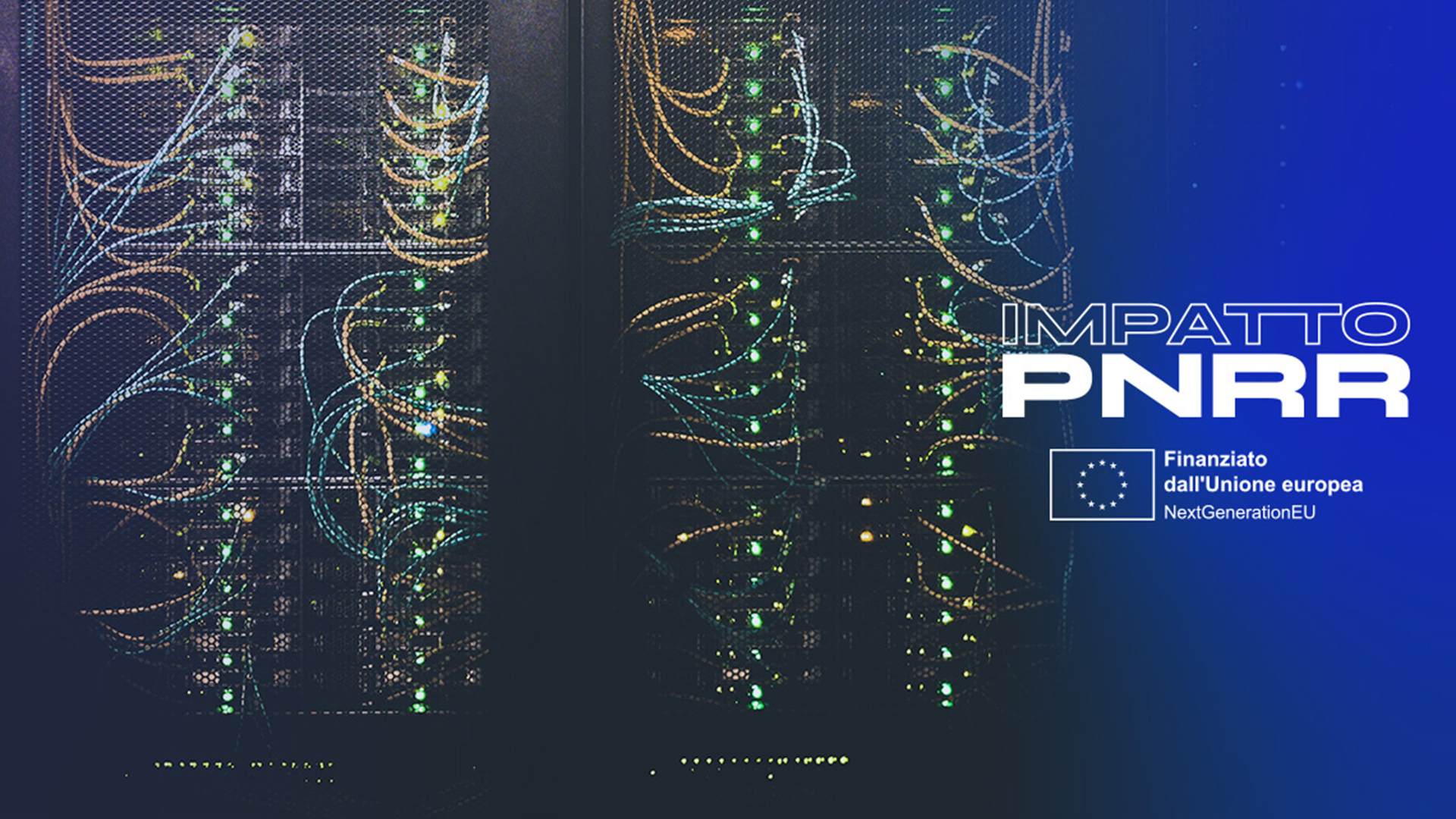
PNRR: the national supercomputing centre is born
The board of directors of the ICSC Foundation for the management of the National Research Centre in High Performance Computing, Big Data and Quantum Computing, proposed by the INFN National Institute of Nuclear Physics, took office today. It has 51 founding members spread across the country, including the Politecnico, whose contribution will focus on three areas: the first, which is fundamental for the development of the future of High Performance Computing, concerns the study of new technologies and hardware systems, as well as technologies and software tools for HPC systems. The second area concerns the computational aspects of multiscale modelling using HPC tools and Big Data for applications in the various fields of engineering, from mechanics to aerodynamics, to name but a few; in this area, HPC solutions save time and thus shorten and make less costly the modelling and optimisation phase of prototypes. Lastly, the Politecnico will follow the activities related to the design, implementation, maintenance and dissemination of enabling technologies for the high-performance numerical simulation of new materials and molecular systems: another application of HPC that makes it possible to develop “supermaterials” with characteristics that are tested, precisely, thanks to the calculation power, and that finds applications, for example, in pharmaceutical products.
The ICSC Foundation, in line with the strategic objectives of the PNRR, will achieve its specific goals by promoting youth careers and initiatives to overcome the gender gap in professional careers, and between the North and the South of the country. To carry out its mission, ICSC will count on funding, from Next Generation EU funds within the Education and Research Mission of the PNRR coordinated by the MUR Ministry of University and Research, amounting to €319,938,979.26, 41% of which will be invested in the South and with almost 16 million euros reserved for doctoral scholarships and thus for higher education and careers for young people, while the Politecnico’s overall budget for the project is 1.9 million euros.
The Centre will carry out research and development activities, both nationally and internationally, for innovation in the field of simulations, high-performance computing and data analysis. In the coming years, ICSC will implement solutions that will lead to network speeds of more than 1 Terabit/second and provide users with a cloud infrastructure that will enable the management of activities at the frontier of scientific research and industrial development.
The new National Supercomputing Centre will focus, on the one hand, on the maintenance and enhancement of Italy’s HPC and big data infrastructure and, on the other, on the development of advanced numerical methods and applications and software tools, to integrate the computation, simulation, collection and analysis of data of interest to the research system and the productive and social system, also through cloud and distributed approaches.
ICSC will involve and promote the best interdisciplinary expertise in science and engineering, enabling substantial and sustainable innovations in fields ranging from basic research to computational and experimental sciences for climate, environment and space, from the study of matter and life to medicine, from materials technologies to information systems and devices.
The National Centre will bring together Italy’s scientific communities of excellence in 10 different fields: it will be structured on two equally important pillars, the infrastructure and the thematic areas, and will be organised according to the Hub and Spoke model. It will involve Italian companies in order to build a synergy between the scientific communities and the industrial world, to the benefit of both the research system and the production system.
The Hub will be responsible for validating and managing research programmes, the activities of which will be drawn up and implemented by the Spokes and their affiliates, also through calls for proposals open to research institutions and companies. There will be 10 Spokes and they will be responsible for as many thematic areas: Future HPC & Big Data, Fundamental Research & Space Economy, Astrophysics & Cosmos Observations, Earth & Climate, Environment & Natural Disaster, Multiscale Modelling & Engineering Applications, Materials & Molecular Sciences, In-Silico Medicine & Omics Data, Digital Society & Smart Cities, and Quantum Computing.
Professor Matteo Sonza Reorda, Vice Rector for Research at the Politecnico di Torino, stated: “The Politecnico di Torino’s participation in the CN HPC is the logical consequence of the acknowledged excellence expressed by the University in research and technology transfer in this sector. The activities of the CN HPC will enable us to give a further impetus to our activities, both through the acquisition of young researchers and PhD students, and through the interaction with other prestigious research centres operating in the sector at the national and international level”.